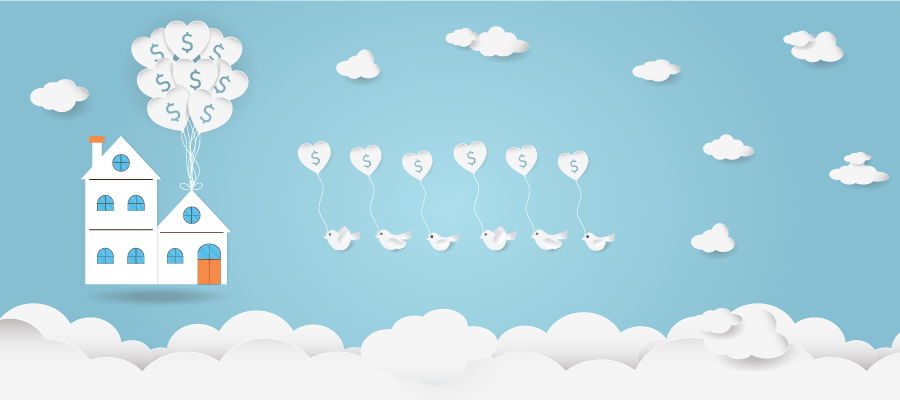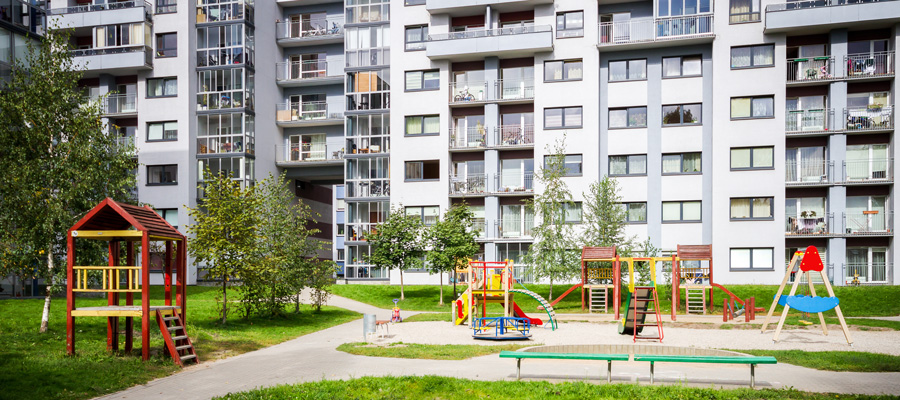Time to reform the unfair Home Owner Grant—here’s how

Early January showed how much BC’s housing system is biased towards existing homeowners to the detriment of renters and housing affordability.
First, the latest property value assessments in BC revealed double-digit increases across the board. Large annual increases, such as the 16 per cent hike we see in the City of Vancouver, have become the norm. On a regional basis, however, we’re seeing even bigger numbers, with increased valuations of 20-40 per cent extending north past Whistler to Pemberton and down the Fraser Valley to Hope.
On the heels of this news, the BC government announced it will raise the threshold for the Home Owner Grant (HOG) to $1.975 million. The HOG is paid out to almost all owners who live in their homes (as opposed to secondary or rental properties). As home prices have increased so has the threshold for the HOG, such that 92 per cent get it.
Introduced as a political gimmick in 1957 by the WAC Bennett government, the HOG system does not exist anywhere else but BC. It is fundamentally unfair—a pointless tax reduction to those with the privilege of home ownership.
And it comes at a cost of about $873 million this year, which is a very poor use of public funds at a time of housing emergency. If anything, it adds fuel to the fire of skyrocketing real estate valuations by effectively lowering BC’s already low property taxes.
The Home Owner Grant is fundamentally unfair.
As a result, people who own and live in homes valued up to $1.975 million get a grant of $570 to reduce their property taxes. Those outside Metro Vancouver, the Fraser Valley and the Capital Regional District get an extra $200. If you’re a homeowner with a disability or a senior you get an additional $275.
All of this just for owning one’s principal residence, irrespective of income—a home that likely shot up in value by tens if not hundreds of thousands of dollars in the past year alone.
Meanwhile, those rapidly increasing property values won’t necessarily lead to equally large increases in property taxes. Unlike income tax rates that are stable over time, the rate of property tax (called the mill rate) has been falling as home prices have risen so quickly. That’s because property tax bills are determined annually based on the revenue needs of provincial and local governments in BC. Annual increases in property taxes are usually only a few percentage points higher (compared to double-digit increases in property assessments).
Last summer, an expert panel appointed by the BC and federal governments proposed that BC eliminate the HOG and use that money to build much-needed social housing instead. Yet, within hours of the report’s public release, the BC Finance minister, who was the previous Housing minister, shot the idea down.
Rather than eliminate the HOG, in the last two election campaigns the NDP government promised a $400 renters’ rebate to partially address the imbalance between owners and renters. Four years down the road there is still no such rebate.
We may finally see a new renters’ rebate in the 2022 BC Budget next month. But it’s also time to reform the HOG and use those funds to address the housing crisis.
It’s time to reform the Home Owner Grant and use the funds to address the housing crisis.
Using the funds currently spent on the HOG, a new housing grant aimed at people with low-to-medium incomes and applied to owners and renters alike, could recognize the high housing costs facing all British Columbians. Like other transfer programs there could be a maximum amount payable that is then phased out as income rises above a set threshold.
The reformed grant would benefit most seniors, who live on fixed incomes. It should also be in addition to the shelter portion of support for people on income assistance.
Reforms like this should be part of a larger suite of badly needed property tax changes to help rebalance the housing market and reduce housing-induced wealth inequality. Eliminating the HOG will not solve the housing affordability crisis in our province, but is one of many necessary steps to help balance the scales.
The CCPA–BC thanks the Vancouver Foundation for supporting this research.
Topics: Housing & homelessness, Municipalities, Taxes


